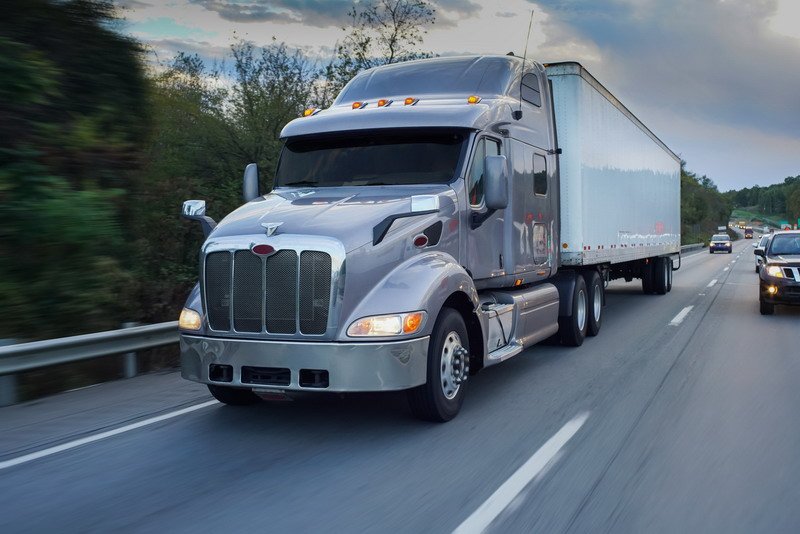America’s trucking industry has gone through a lot of changes since the first trucks hit the roads during the early 20th century. Some of the most profound have occurred just in the last 20 years. We have seen the trucking industry go through a severe driver shortage that peaked at about 20,000 prior to the recession, a significant contraction of the market once the recession hit, and a return to a new shortage that now sits at tens of thousands of drivers. Along the way, there have been numerous changes to the way truckers do their jobs.
Experienced truckers are the ones most affected by the dramatic changes. Take technology, for example. Seasoned drivers who began working prior to the mid-1990s barely recognize the jobs they do today compared to what they did before modern technology.
From an industry perspective, there have been three significant changes in the last two decades that have profoundly affected trucking:
1. Increasing Federal Regulations
Drivers licenses in the U.S. are the domain of the individual states rather than the federal government. But because trucks carry freight across state lines, the federal government is free to regulate the industry under interstate commerce rules. And regulate they do. The feds control everything from how many hours a day a driver is allowed to work to the certifications required for specialized loads.
A special certificate is needed to drive a tanker truck, something that was not required back in the day. Drivers also need certifications to haul hazardous materials or operate rigs with double or triple tandem trailers. Regulations covering everything from load securement to safety procedures have tightened up.
2. Rapidly Changing Technology
The trucking industry is not immune to the technology revolution either. All sorts of new technologies are making truck driving easier and more efficient on the one hand, yet somewhat complicated for older drivers who were not born and raised on it. Indeed, technology is where younger drivers excel.
Companies are using technology to track their equipment, save fuel, and determine the best routes for the drivers to take. The government is requiring industry to introduce electronic logging technology. And, of course, drivers deal with technology in everything from electronic freight tracking to keeping track of their expenses on the road.
3. Baby Boom Retirements
The third change is one of age. The first crop of baby boomers is now on the verge of retirement, poised to take with them a body of knowledge and experience that is hard to replace quickly. Drivers that have been on the road for the last 30-40 years are special, and they will be missed.
With all the changes in the trucking industry over the last 20 years, experience is still a premium for drivers who want the best trucking jobs. Companies value experience like nothing else. There is a lot more to trucking than putting a rig in gear and going, and employers know that the most experienced drivers have what it takes to get the job done.
Competition among employers for experienced drivers can be fierce. Companies are having to up their pay, increase their benefits, and provide other perks that veterans are looking for. At the top of the list for many of these drivers is more home time. They will snap up a job offering a dedicated route and lower pay over a higher-paying OTR job most of the time.
There is little doubt that the trucking industry will continue to evolve. And as it does, experience will become an even more valuable commodity. Experienced truckers are definitely in the driver’s seat.

